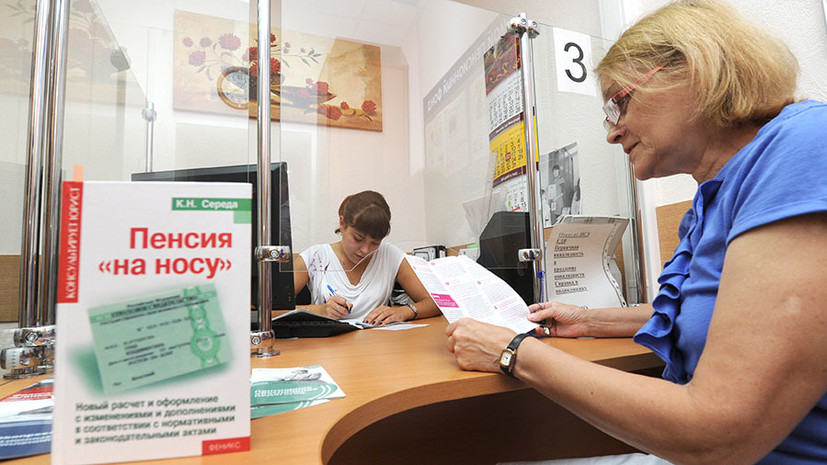The Russian authorities may prohibit the collection of debts from pensions, and also propose limiting the collection of debts from salaries in such a way that citizens are guaranteed to receive a living wage. Two relevant documents were prepared by specialists from the Ministry of Economic Development and sent to the government commission on legislative activities, Rossiyskaya Gazeta reports.
“In a modern state, the majority of citizens receive a vital income in the form of wages, pensions and other income of a regular nature. The welfare of these categories of people is directly related to stability and the size of regular incomes, ”reads the explanatory notes for both projects.
It is noted that if lenders are too hard to collect debts from legal sources, then people will begin to hide their income and this can lead to an increase in the shadow sector of the market, which will have a significant detrimental effect on the economy.
“A man, his rights and freedoms are the highest value, the rights and freedoms of man and citizen determine the meaning, content and application of laws. Ensuring a balance of guarantees of effective judicial protection of the creditor and protection of the rights and legitimate interests of the debtor should correspond with the focus of the policy of the Russian Federation as a social state on creating conditions ensuring a decent life and free development of a person, as well as protecting the constitutional foundations of the legal status of an individual, ”the authors of the bills consider .
Ban on collecting debts from pensions
According to one of the bills, it is proposed to prohibit the collection of debts from insurance old-age and disability pensions, from funded pensions, as well as from the pension provision of the military, law enforcement officers and a number of other articles of state pension provision. Among the types of income from which debts cannot be withheld, it is also proposed to classify payments for temporary disability.
This does not apply to changes in certain types of penalties, including alimony for minor children, damages in connection with the death of a breadwinner, administrative and judicial fines, obligations for payments to the budget and extra-budgetary funds, as well as utility bills.
As the authors of the bill explain, the Constitution of the Russian Federation guarantees every citizen social security in the established amounts. Therefore, foreclosure in retirement, in fact, eliminates the constitutional guarantees of citizens to receive such security.
“In addition, the aforementioned may stimulate the irrational behavior of lenders who provide citizens with high-interest funds, which leads to deformation of the goals and principles of the functioning of the pension insurance system, which, in connection with foreclosure on pensions, ceases to fulfill its function and becomes a source of financing for lenders” , - is noted in the explanatory note.
After considering the corresponding initiative in the government commission, it can be sent to the State Duma. If the document is adopted by both houses, then the president will have to approve it. The law itself will enter into force only 18 months after it is signed by the head of state.
“The transitional period provided for by the bill is necessary for adaptation, including the functioning of software and hardware systems, system lenders,” the authors explain.
Living wage guarantee
The second bill proposed for consideration provides for the protection of low-income citizens. According to the initiative, it is planned to prohibit the collection of debts from salaries so that a person has less than a living wage every month.
“In addition to the specified draft federal law, amendments are required to article 138 of the Labor Code of the Russian Federation, indicating the inadmissibility of foreclosure on the income necessary for the existence of a citizen debtor,” the explanatory note says.
On average, the cost of living in Russia for the first quarter of 2019 amounted to about 12.1 thousand rubles for the able-bodied population. This indicator is formed in each region separately, taking into account the cost of the minimum set of goods necessary for living.
The highest cost of living was recorded in the Chukotka Autonomous Okrug - on average, there it is 22.4 thousand rubles. The lowest in Mordovia is about 9.2 thousand rubles.
This bill also provides for a transitional period of 18 months from the date of signing by the president.

